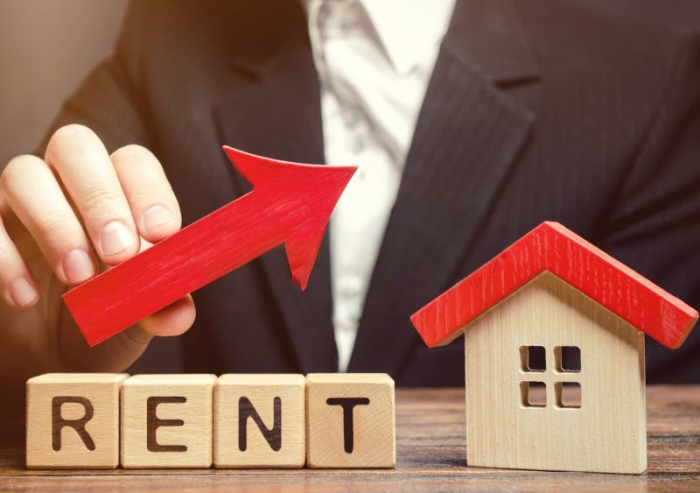The housing crisis in Nigeria is worsening, with rising rents across major cities pushing many people toward homelessness. Homeownership remains low at just 25%, while the country faces a housing deficit of about 28 million units. More Nigerians now rely on rentals, but these are becoming increasingly unaffordable.
High demand, low housing supply, inflation, and high interest rates are the main factors driving up rents. These pressures have widened the housing gap, making it difficult for people to own or even rent homes. In many cities, people are abandoning their homeownership dreams just to find a roof over their heads.
In Lagos, rent increases are forcing residents out of central areas like Surulere, Gbagada, Ilupeju, and Yaba. Many have moved to suburbs such as Idimu, Ejigbo, Abulegba, Egbeda, and Ojodu Berger in search of lower rents.
Abuja is experiencing similar challenges. Locations like Kubwa, Lugbe, Gwarinpa, and Lokogoma, once considered affordable, are now unaffordable for the average tenant. Alloy Asogwa, a civil servant, used to pay ₦1.2 million annually for a two-bedroom flat in Lokogoma. His landlord raised the rent to ₦2 million, forcing him to relocate to Zuba, where he now pays ₦700,000 per year. However, his daily commuting costs have soared to ₦10,000 by car or ₦4,000 by public transport.
In Kubwa, rent for a one-bedroom apartment has risen from ₦500,000 to ₦700,000. A self-contained flat now costs between ₦600,000 and ₦800,000. A two-bedroom flat goes for ₦1.5 million to ₦2 million. In Gwarinpa, another civil servant reported that people are being evicted for failing to meet rent demands. He described the situation as a growing humanitarian crisis.
In Kaduna, where most residents are civil servants, rents have gone up by as much as 150%. This sharp rise has made housing unaffordable for many. Mubarak Aliyu, a tenant in Unguwan Rimi, said his rent jumped from ₦350,000 to ₦900,000. Many tenants blame landlords for increasing rents without reason. They are calling on the government to introduce laws to limit rent increases, require proper notice periods, and provide fair dispute resolution options.
Southeastern cities like Enugu, Aba, Owerri, Awka, and Umuahia are also seeing rising rents. Civil servants and small business owners are under pressure. In Awka, rent for a three-bedroom flat rose from ₦250,000 to over ₦700,000. Many families have been forced to move to villages or outer suburbs. Residents cite government inaction, high construction costs, inflation, and the role of estate agents as causes. Some also blame internet fraudsters, or “Yahoo Boys,” for raising demand and inflating rent.
In Umuahia, rent for a two-bedroom flat ranges from ₦400,000 to ₦600,000. A three-bedroom can cost between ₦700,000 and ₦1 million, and as much as ₦1.2 million in modern buildings with better facilities.
While some landlords say rent hikes are due to the rising cost of building materials, others admit they increase rents simply to profit. One landlord noted that many older landlords or their children, who inherited properties, raise rents without improving the buildings. He said new landlords consider fair pricing based on construction costs and market conditions.
Tenants and housing experts are calling for urgent government action. They want more affordable housing, clear tenancy laws, protection from sudden rent hikes, and systems to handle landlord-tenant disputes. Without quick intervention, Nigeria could face a widespread homelessness crisis, especially among low and middle-income earners.



